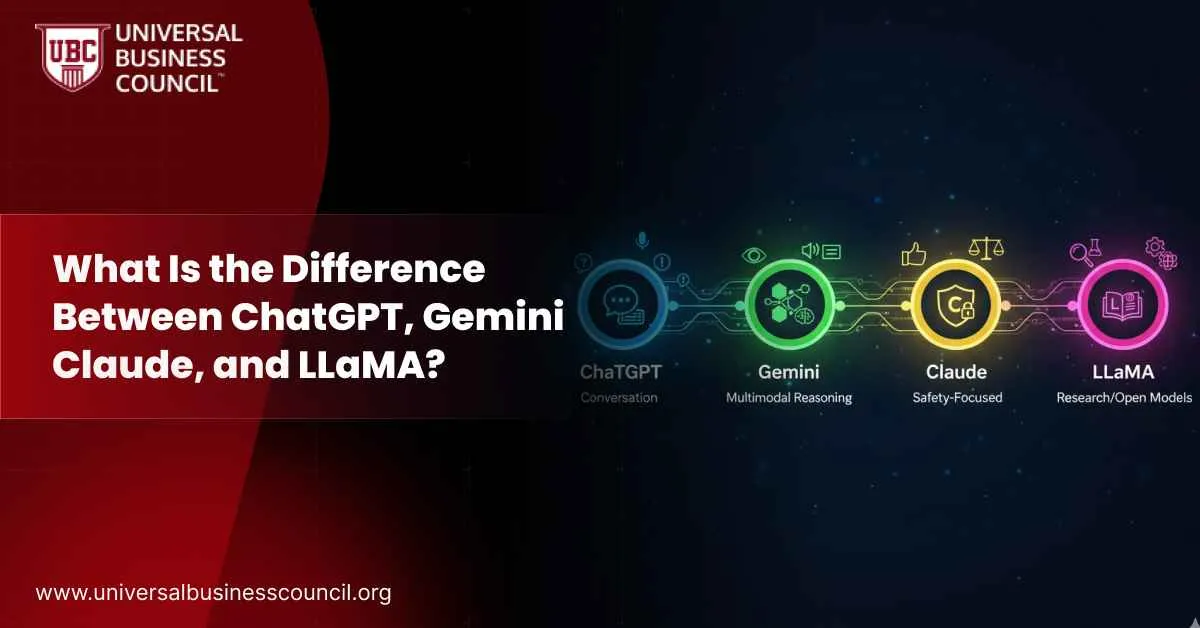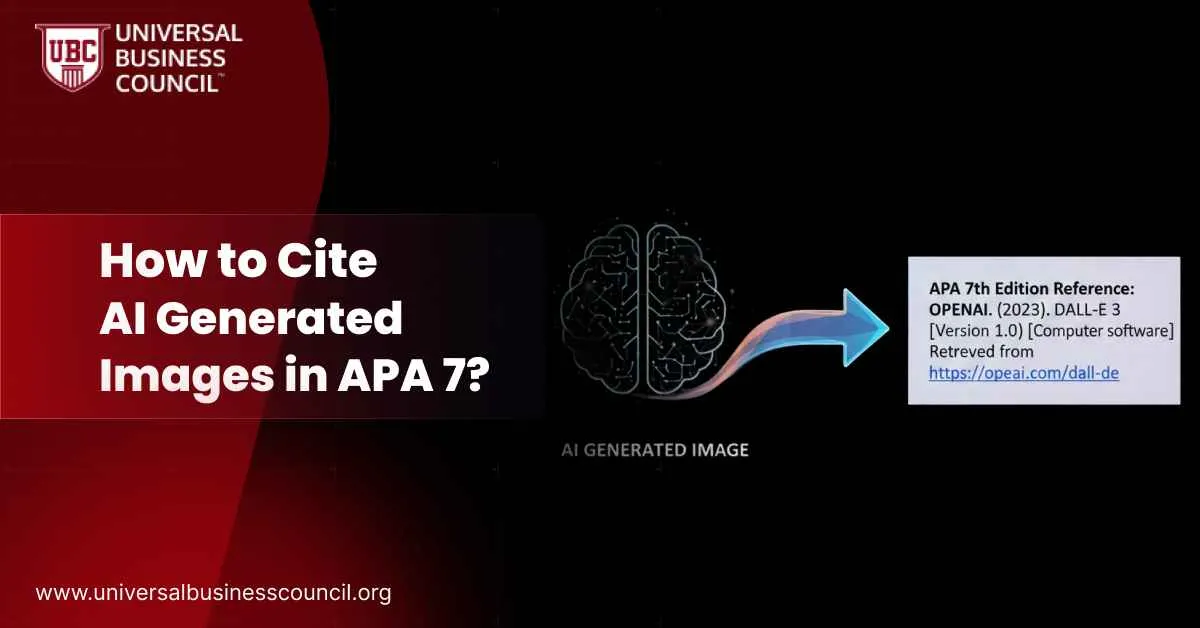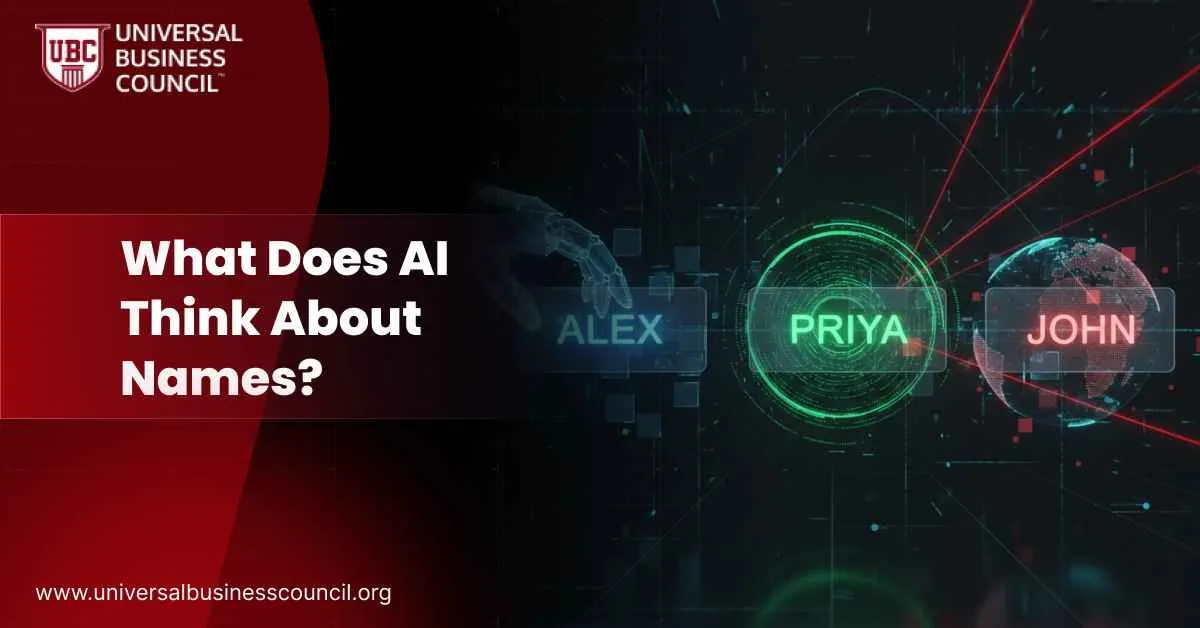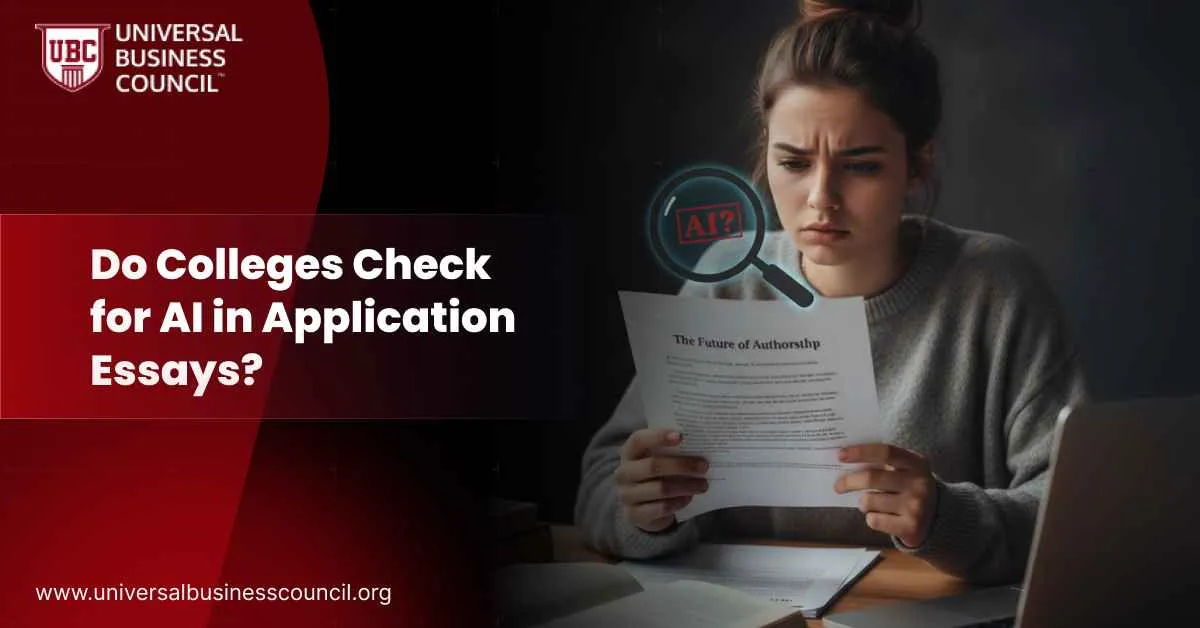 AI models are no longer just research tools—they’re the engines behind apps, business workflows, and daily productivity. Four of the most widely discussed systems today are ChatGPT (GPT-5) from OpenAI, Gemini from Google DeepMind, Claude from Anthropic, and LLaMA 4 from Meta. Each has unique strengths, and the differences matter depending on whether you care about coding, multimodality, safety, or open access.
For professionals hoping to navigate these shifts and build relevant expertise, programs such as the Marketing and Business Certification provide a structured path to learning how these tools are transforming industries.
AI models are no longer just research tools—they’re the engines behind apps, business workflows, and daily productivity. Four of the most widely discussed systems today are ChatGPT (GPT-5) from OpenAI, Gemini from Google DeepMind, Claude from Anthropic, and LLaMA 4 from Meta. Each has unique strengths, and the differences matter depending on whether you care about coding, multimodality, safety, or open access.
For professionals hoping to navigate these shifts and build relevant expertise, programs such as the Marketing and Business Certification provide a structured path to learning how these tools are transforming industries.
ChatGPT (GPT-5)
OpenAI’s latest flagship model, GPT-5, launched in August 2025. It builds on GPT-4.1 with improvements in reasoning, factual accuracy, and multimodality. GPT-5 can handle text and images, and its Codex variant is tuned for programming tasks, capable of adapting the time it spends on problems based on complexity. This makes it useful for both casual users and developers working on advanced projects.Gemini
Google’s Gemini family was designed from the start to be multimodal. It accepts not just text and images, but also audio, video, and code. The newest versions, Gemini 2.5 Pro and Flash, emphasize step-by-step reasoning and efficiency. They integrate naturally across Google products, from the Gemini app to Workspace and even YouTube. Features like SynthID watermarking and “Deep Think” reasoning set it apart as a system built for both creativity and reliability.Claude
Anthropic’s Claude 4 series—Opus, Sonnet, and Haiku—focuses on careful reasoning and safety. Claude excels in logic-heavy tasks and is widely regarded as more cautious with sensitive content. It recently added automatic memory, so it can remember user preferences and prior conversations. Paid users can also enable web search and “computer use” features, allowing the model to browse or handle tasks on their behalf. This alignment-first approach makes Claude a strong option for enterprises concerned about reliability.LLaMA 4
Meta’s LLaMA 4 models—Scout, Maverick, and the upcoming Behemoth—are designed with openness and scale in mind. Scout supports an enormous 10 million token context window, allowing it to handle extremely long documents or extended conversations. Its mixture-of-experts design activates only part of the network at a time, making it more efficient. Unlike the proprietary nature of the other three models, LLaMA comes under a more permissive license, giving researchers and companies more freedom to experiment and deploy.ChatGPT vs Gemini vs Claude vs LLaMA 4
| Feature | ChatGPT (GPT-5) | Gemini | Claude | LLaMA 4 |
| Context Window | ~1M tokens | Expanding (large reasoning modes) | ~200K tokens | Up to 10M tokens (Scout) |
| Multimodal Support | Text + images; Codex for code | Text, image, audio, video, code | Text + images, web search, file support | Text, image, video (varies by version) |
| Focus Areas | General use, coding (GPT-5 Codex), strong reasoning | Multimodal by design, Google ecosystem integration | Reasoning, safety, cautious alignment | Openness, massive scale, long context |
| Licensing | Proprietary (OpenAI) | Proprietary (Google) | Proprietary (Anthropic) | Semi-open license (Meta) |
| Unique Features | Adaptive coding model, multimodal memory | Deep Think, SynthID watermarking, tight Google product tie-ins | Automatic memory, computer use, cautious logic | Mixture-of-experts, giant context windows, community access |
Which Model Fits Which Use Case?
- If you need cutting-edge coding and reasoning, GPT-5 is a solid choice.
- For multimodal creativity across text, images, audio, and video, Gemini leads.
- If safety, alignment, and logic are top priorities, Claude is reliable.
- For openness and massive context handling, LLaMA is unmatched.




Leave a Reply